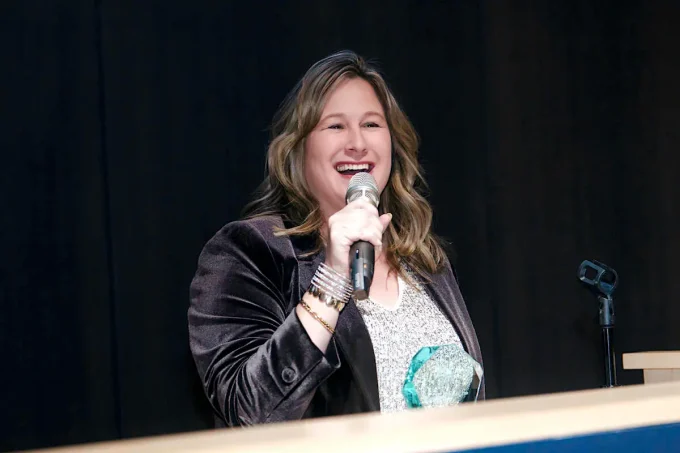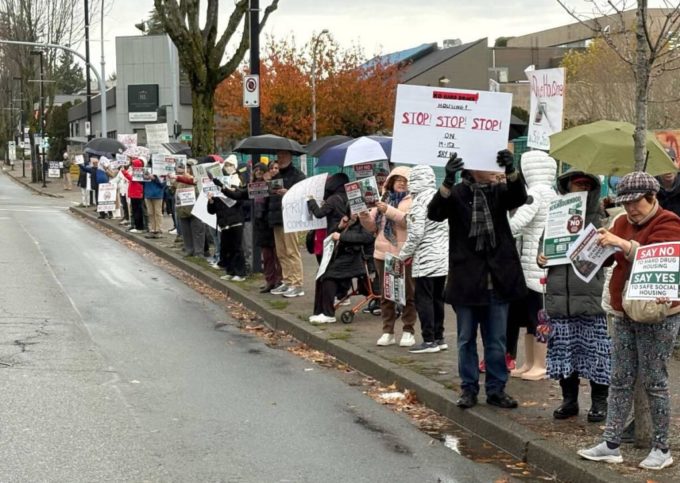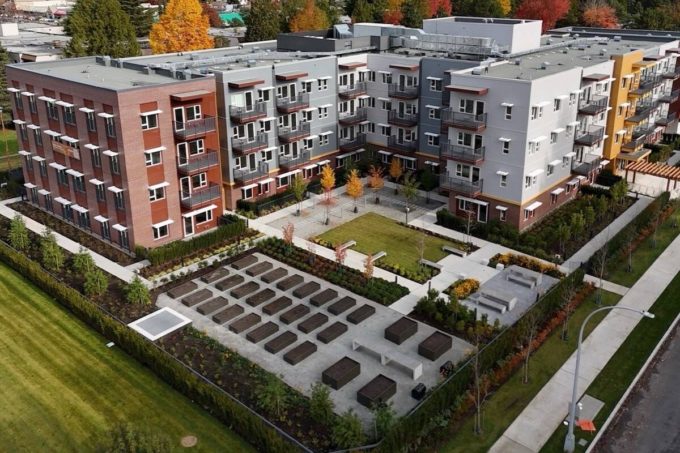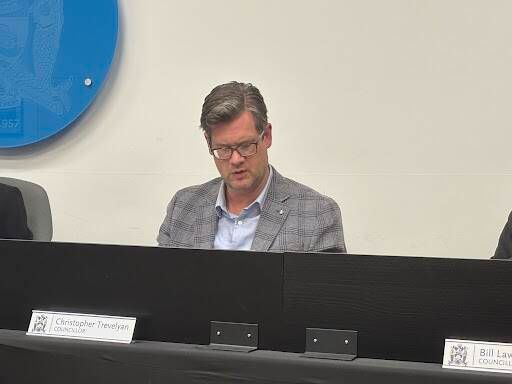Discover the inspiring journey of Rachna Singh, MLA for Surrey–Green Timbers, from activist to policymaker in British Columbia’s progressive political landscape.
Rachna Singh, MLA for Surrey–Green Timbers, has become a notable figure in British Columbia’s political arena. Known for her advocacy on anti-racism, mental health, and workers’ rights, Singh represents a growing wave of inclusive leadership in Canada. Her career reflects a deep commitment to equity, public service, and the well-being of underrepresented communities. As a member of the BC New Democratic Party (NDP), Singh’s voice carries significant influence on provincial issues, particularly those affecting Surrey’s diverse population. Her story is not just one of political success, but also of relentless advocacy rooted in real-life experience and empathy.
Early Life and Background
Rachna Singh was born and raised in India, where she developed a strong sense of social justice from a young age. Her parents were community-oriented individuals, instilling in her the values of activism, equality, and education. After completing her undergraduate studies in psychology and a master’s degree in psychology from Punjab University, she immigrated to Canada with her family.
Arriving in British Columbia in the early 2000s, Singh settled in Surrey, one of the fastest-growing and most ethnically diverse cities in Canada. Like many immigrants, she faced the challenges of adaptation—navigating new systems, workplaces, and cultural expectations. Her early career included roles in community services and mental health advocacy, allowing her to witness firsthand the systemic barriers faced by newcomers, racialized communities, and working-class families.
This background became the bedrock for her future political vision—creating a more equitable society that reflects and supports all Canadians, regardless of background.
Career Journey
Rachna Singh’s professional path was rooted in union and community work long before she entered formal politics. She served as a counsellor in the public education system and later became an advocate for mental health and addiction services. Singh’s deep concern for marginalized populations led her to engage with the Canadian Union of Public Employees (CUPE), where she eventually became the National Representative. In this role, she championed workers’ rights, collective bargaining, and anti-racism training across British Columbia.
Her political breakthrough came in 2017 when she was elected as the MLA for Surrey–Green Timbers under the BC NDP banner. As one of the few South Asian women in provincial politics, Singh’s election marked a milestone in representation for minority communities in British Columbia.
Since entering the legislature, she has held multiple roles, including serving as Parliamentary Secretary for Anti-Racism Initiatives. In this capacity, Singh was instrumental in spearheading B.C.’s anti-racism data legislation and consultations with Indigenous and racialized communities. She also supported education reform, equity in hiring practices, and policies addressing hate crimes—particularly during the rise in anti-Asian hate during the pandemic.
In 2022, Singh was appointed as the Minister of Education and Child Care, further emphasizing her government’s trust in her ability to deliver meaningful reforms. Her tenure has focused on affordability, accessibility, and inclusion in education, including increasing childcare spaces and investing in mental health resources for students.
Key Achievements & Public Perception
Rachna Singh is widely recognized for her unwavering dedication to social equity and inclusive governance. Among her most impactful initiatives was the groundwork laid for B.C.’s Anti-Racism Data Act, which aimed to identify and dismantle systemic barriers in public services. This act not only marked a policy milestone but also signaled a shift in how the province collects and uses demographic data to inform decision-making.
Her leadership style is often described as empathetic, grassroots-oriented, and solutions-driven. Community members and colleagues commend her for being accessible, especially during times of crisis. For instance, Singh actively engaged with constituents and frontline workers during the COVID-19 pandemic, advocating for workplace protections and mental health support.
She’s also seen as a role model for immigrant women in politics, continuously breaking down stereotypes while building community trust through consistent advocacy.
Controversies/Challenges
Like many public figures, Singh has faced political and social scrutiny, particularly around balancing provincial priorities with local needs. Critics have pointed to the pace of anti-racism reforms and gaps in mental health service delivery. In a few instances, opposition voices questioned the depth of community engagement during major policy rollouts.
However, Singh has generally responded to challenges with transparency and a willingness to consult broadly. Her resilience in the face of criticism reflects her commitment to progressive, inclusive policymaking.
Current Role & Future Outlook
As Minister of Education and Child Care, Singh is currently at the helm of transformative changes in British Columbia’s education landscape. She continues to focus on affordability, especially for young families, and on making educational institutions safer and more equitable for all students.
Looking ahead, Singh’s name is increasingly associated with long-term leadership potential within the provincial NDP. Her ability to unite social justice with pragmatic policy solutions suggests a future of continued influence, possibly beyond education.
Rachna Singh represents a new era in Canadian provincial politics—one where lived experience, diversity, and advocacy coalesce into effective governance. From union halls to legislative chambers, her journey showcases the power of representation and the importance of inclusive leadership. As Surrey–Green Timbers continues to evolve, Singh’s role as a policymaker, advocate, and community voice will remain vital in shaping a more just and equitable British Columbia. For many Canadians, she stands as a reminder that change begins with those willing to lead from the ground up.














Leave a comment